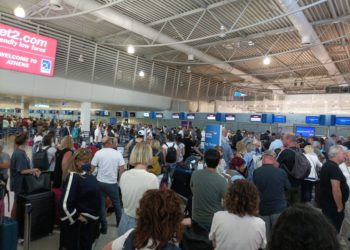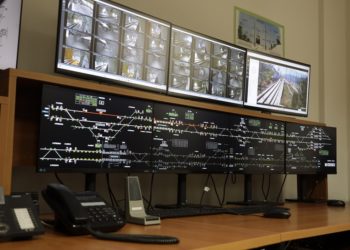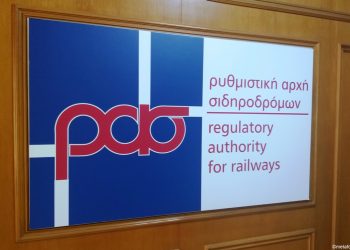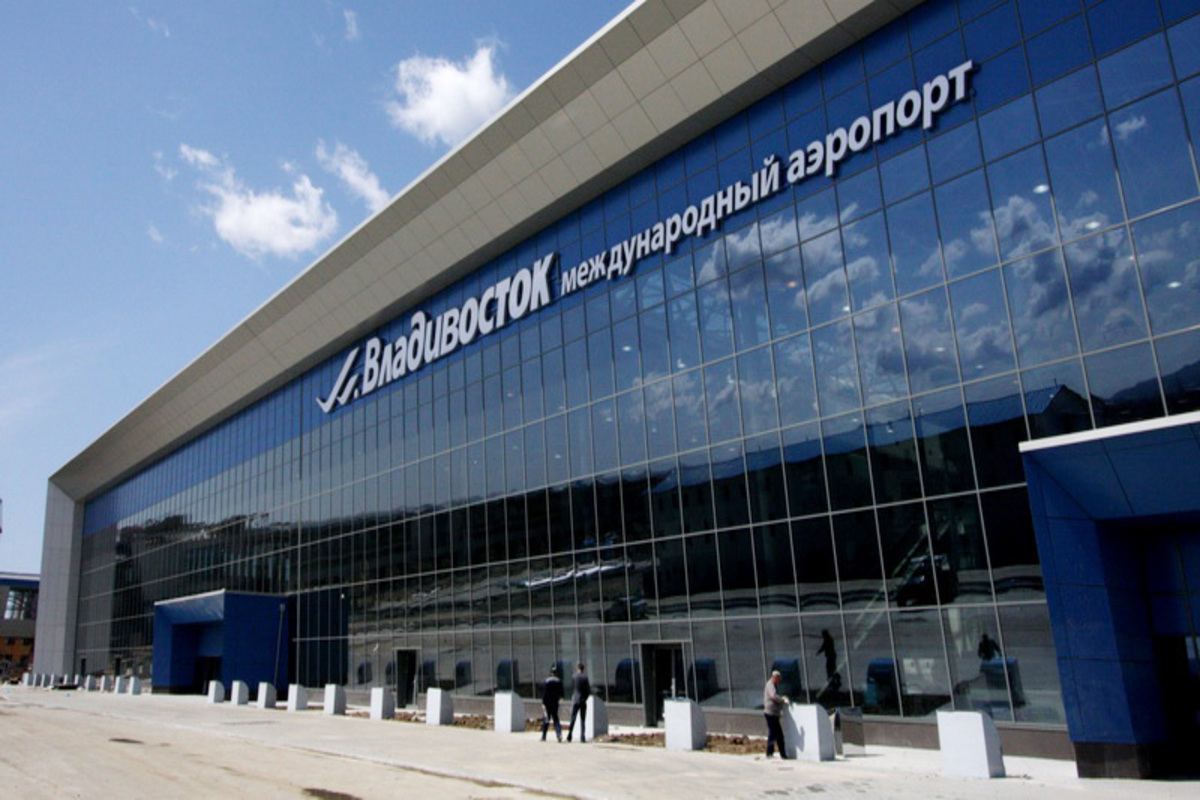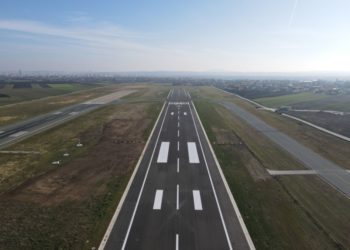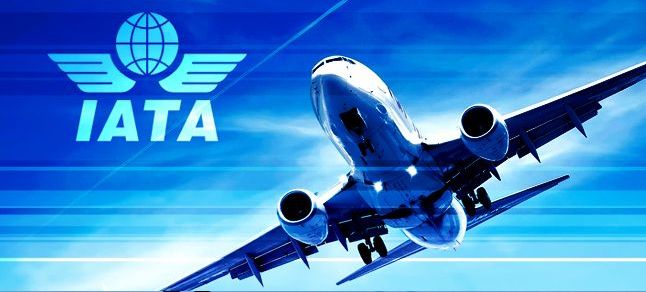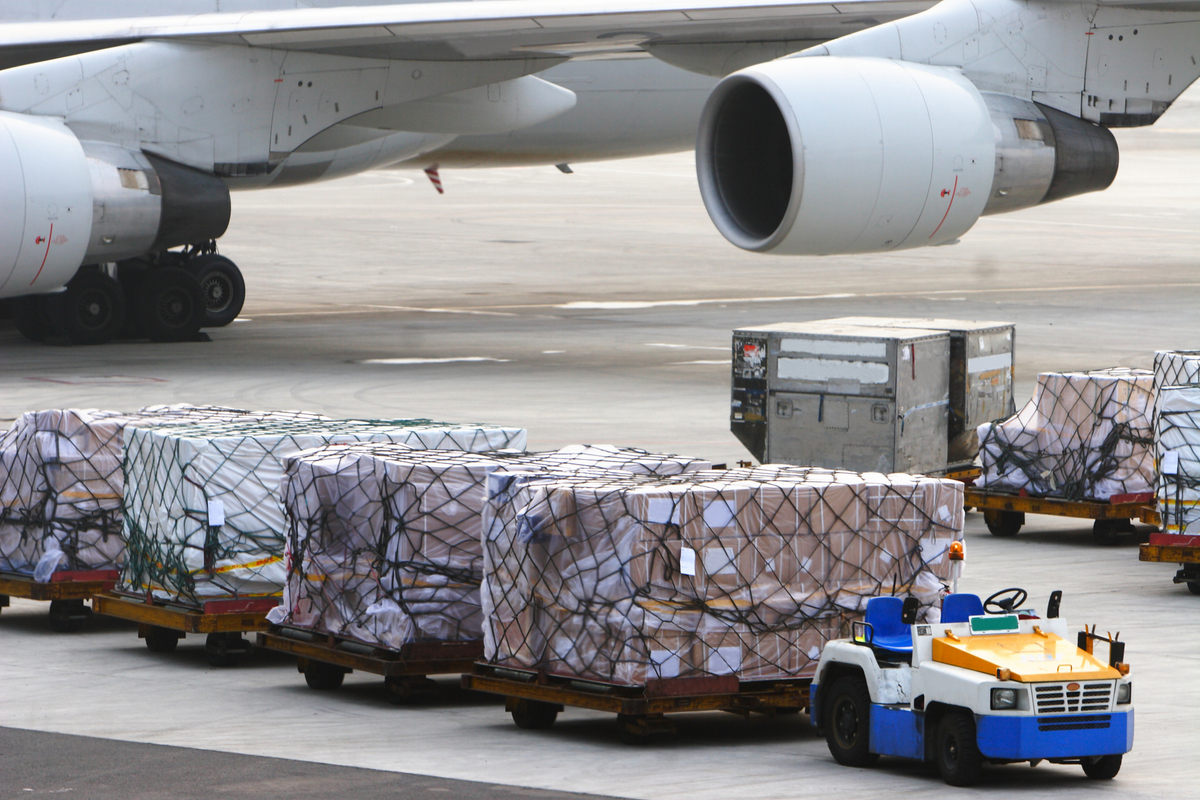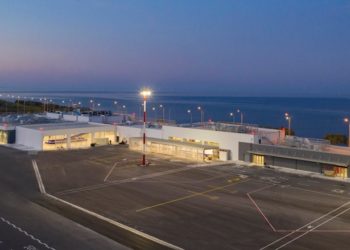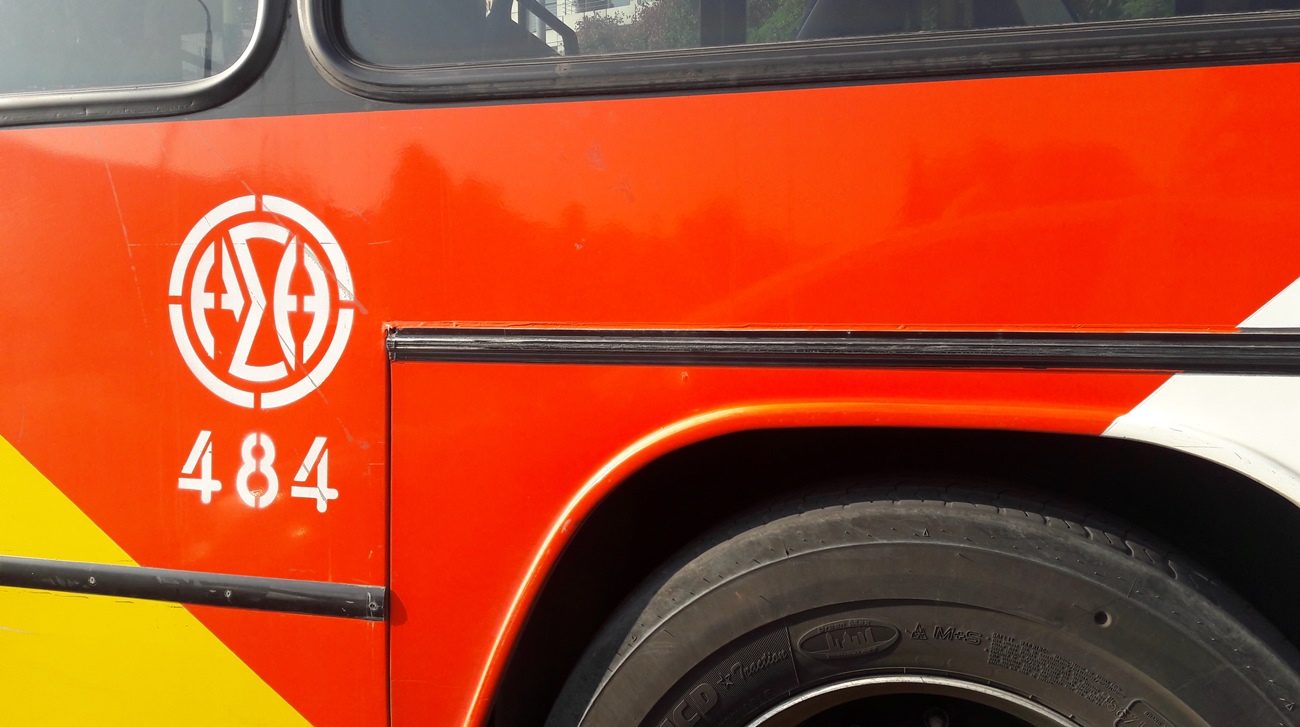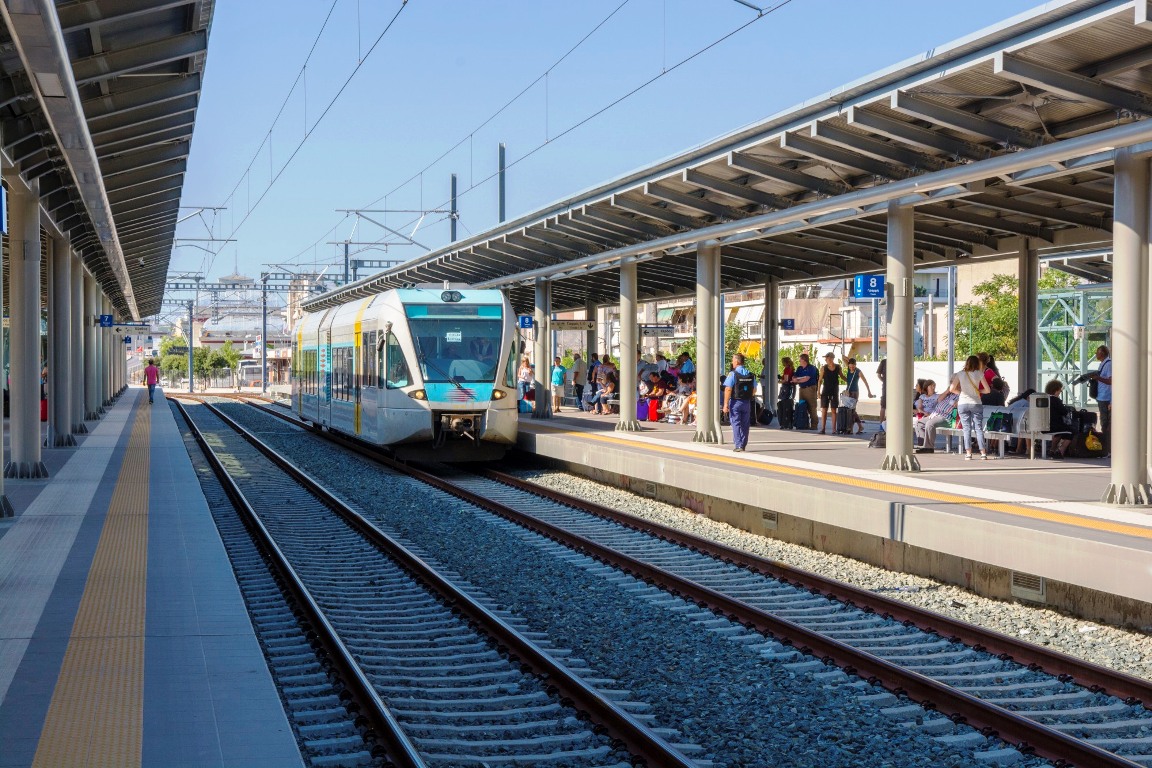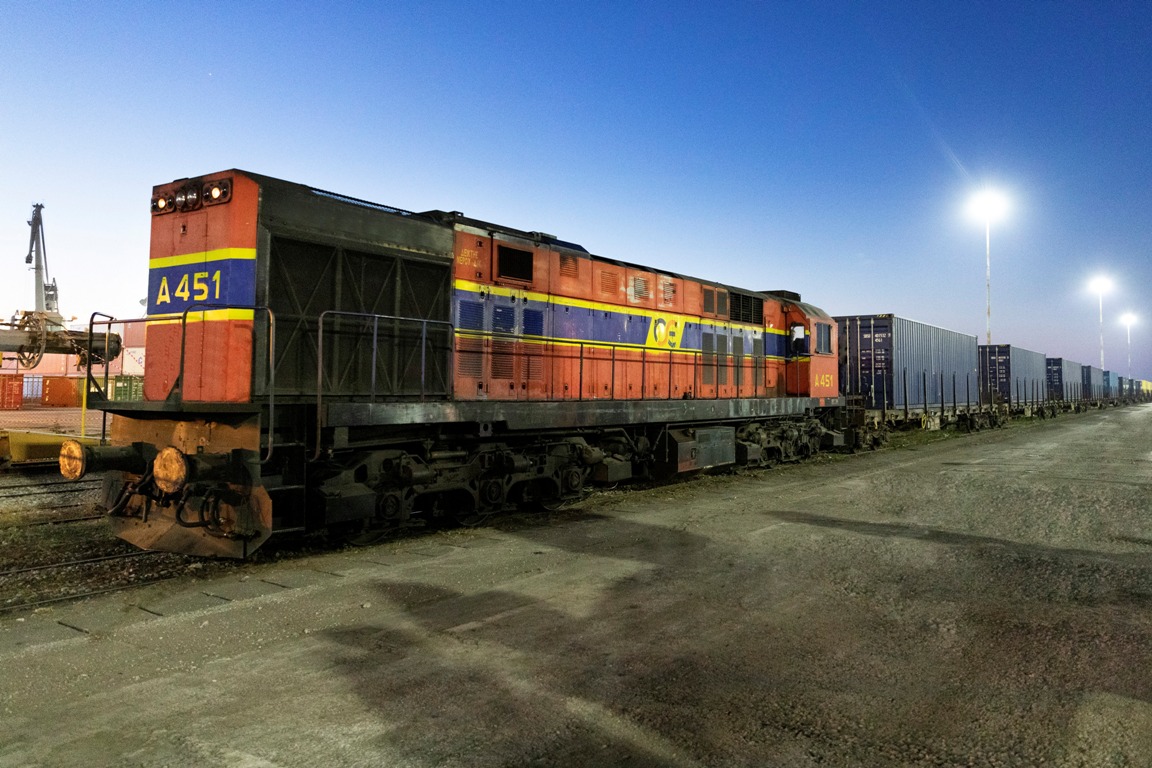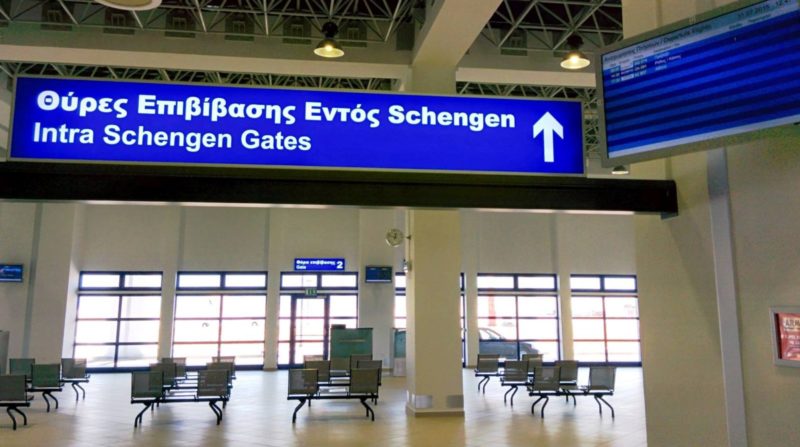At its core, IATA is about global standards. Global standards unlock the value that aviation can create when they are implemented globally. Much of my time is spent convincing governments of that.
That was the case last week during a very busy week in Russia. Russia is an amazing country offering visitors unforgettable experiences in the arts, history, and architecture. And the Russian people are welcoming and friendly. They also depend a lot on efficient air links—to bind its vast geography together and to link its economy to the world.
So it’s important that aviation and the processes that enable it work smoothly. There are some challenges visiting Russia, starting with the visa application process. It ranks among the least-friendly in the world. I hope for the sake of all the football fans hoping to visit Russia for next year’s FIFA World Cup, that they manage to simplify the bureaucracy a little. Certainly, more tourists can only be of benefit to Russia, which already derives 1.6% of its GDP and 1.1 million jobs from aviation activities and air tourism.
The visa issues aside, it is refreshing to visit a country where infrastructure issues are well in hand. Russia is one of the few countries of the world where the correct investments are being made, and user charges are being kept low. There are still issues at secondary airports, but the work done on the main international gateways has been impressive. Also welcome has been the rationalization of air traffic control centers.
So what was my big message? Well, it was essentially to promote the big three new international agreements for aviation:
- Montreal Convention 1999 (MC99) which sets global liability standards and recognizes electronic documentation for customs procedures
- Montreal Protocol 14 (MP14) which creates a universal regime for dealing with unruly passengers
- The Carbon Offsetting and Reduction Scheme for International Aviation (CORSIA) which positions the industry to meet its carbon neutral growth target from 2020.
Just before I arrived we had the good news that MC99 had been adopted which will allow Russia to participate in the modernization of air cargo processes. So that left me the task of encouraging the government to see the benefits of MP14 and CORSIA.
I hope very much the Russians will soon join the 70 states that have already committed to CORSIA. The alternative is a growing patchwork of alternative charges and taxes that will hurt Russian interests, raise costs for airlines, confuse passengers, and be ineffective for the environment.
As I look back on my week in Russia, I can only think once again what an opportunity aviation can give to Russia. Not only by generating trade to spread prosperity more widely in the country, but also to facilitate tourism—a powerful vehicle for the exchange of ideas and promotion of international understanding.
(By Alexandre de Juniac, IATA)

